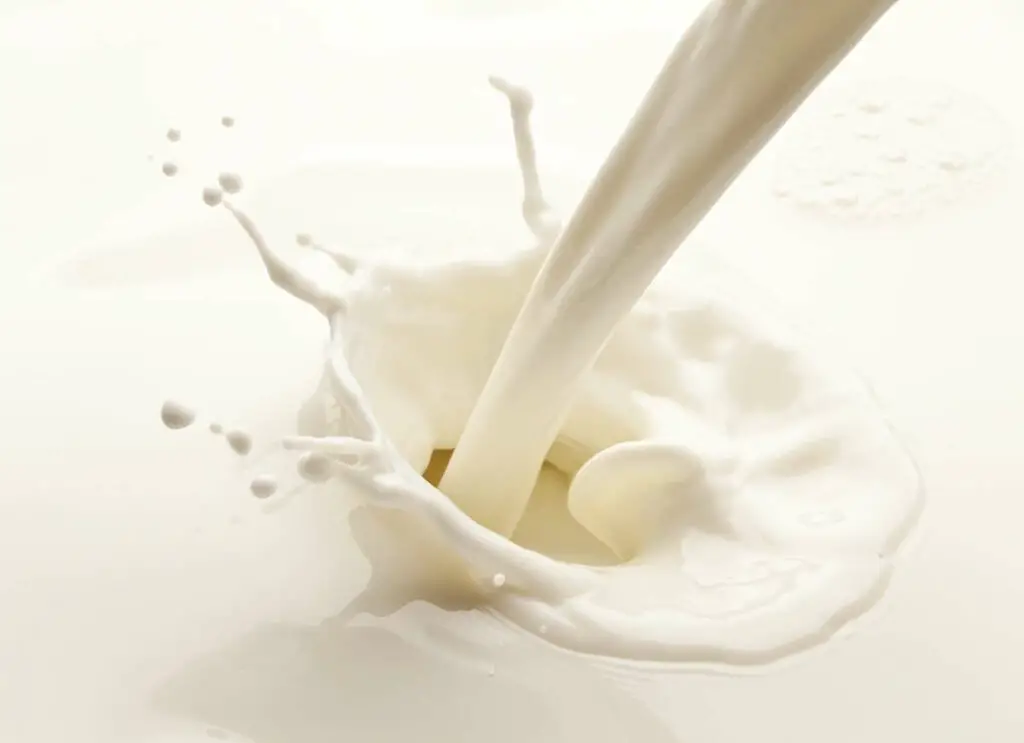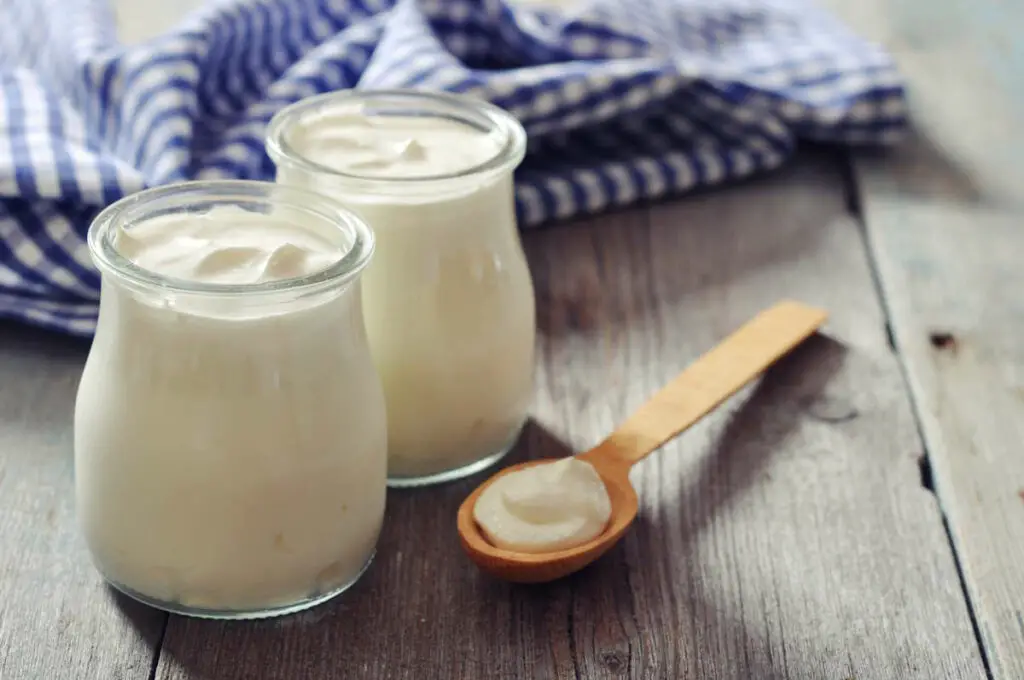Key Takeaways
- Milk is rich in essential nutrients that can help regulate blood pressure, but its saturated fat and cholesterol content may be a concern for some individuals.
- Low-fat dairy products, such as skimmed milk and yogurt, are associated with a lower risk of hypertension.
- Yogurt, particularly due to its probiotic content, may offer blood pressure-lowering benefits.
- Individual factors, such as genetic predisposition, overall diet, and lifestyle, can influence the relationship between dairy consumption and blood pressure.
- Consult with a healthcare professional to determine the most suitable dietary choices for managing blood pressure.
Introduction
High blood pressure, or hypertension, is a common health concern affecting millions of people worldwide. Many factors contribute to high blood pressure, including diet, stress, and genetics. One dietary component that has received much attention is dairy products, particularly milk. This article will explore the relationship between milk and high blood pressure, investigating whether milk can cause or exacerbate hypertension. We will also discuss the potential impact of other dairy products, such as yogurt, on blood pressure levels. By examining the latest scientific evidence, we hope to provide a comprehensive analysis of the complex relationship between dairy consumption and hypertension.

Is milk beneficial or detrimental for high blood pressure?
The Role of Dairy Products in Blood Pressure Regulation
Nutrients in Milk and Their Effects on Blood Pressure
Milk is rich in several essential nutrients, including calcium, potassium, and magnesium, which have been shown to play a crucial role in regulating blood pressure [1]. Calcium, in particular, is essential for proper blood vessel contraction and relaxation, while potassium helps balance the effects of sodium on blood pressure [2]. Magnesium can aid in blood vessel relaxation and improve blood flow [3]. Some studies have suggested that these nutrients in milk may help lower blood pressure, although the evidence is not consistent across all research [4].
Dairy Products and Hypertension Risk
Several epidemiological studies have investigated the association between dairy product consumption and hypertension risk. Some research has shown a protective effect of dairy consumption, with lower blood pressure observed in those who consume more dairy products [5]. This protective effect appears to be more pronounced for low-fat dairy products, such as skim milk and yogurt [6]. On the other hand, some studies have found no significant association between dairy intake and hypertension risk [7]. It’s essential to consider that individual dietary patterns and other lifestyle factors can influence the relationship between dairy products and blood pressure.
Can Milk Cause High Blood Pressure?
Milk and Its Potential Hypertensive Effects
Although milk contains nutrients that may help regulate blood pressure, there are concerns about its potential hypertensive effects. Some research has suggested that the saturated fat and cholesterol found in whole milk may contribute to high blood pressure and other cardiovascular issues [8]. However, these findings are not consistent across all studies, and the relationship between milk, specifically, and hypertension remains unclear .
Individual Variability and Milk Consumption
It’s essential to recognize that individual responses to milk and dairy products can vary widely. Some people may be more sensitive to the potential hypertensive effects of milk, while others may experience a blood pressure-lowering effect. Factors such as genetic predisposition, overall diet, and lifestyle can all impact how an individual’s blood pressure is affected by milk consumption. Therefore, it’s crucial to consider individual factors when assessing the potential impact of milk on blood pressure.
The Role of Yogurt in Blood Pressure Management
Yogurt as a Blood Pressure-Lowering Food
Yogurt, another popular dairy product, has been associated with blood pressure-lowering effects in some studies [9]. The probiotics found in yogurt may help improve heart health by reducing inflammation, improving gut health, and modulating blood pressure [10]. Additionally, yogurt typically contains less saturated fat and cholesterol than whole milk, which may contribute to its potential benefits for blood pressure management.

Yoghurt has been found to be beneficial in lowering blood pressure in some studies.
Recommendations for Dairy Consumption and Hypertension
Given the mixed evidence on the relationship between dairy products and hypertension, it’s essential to approach the topic with nuance. The American Heart Association recommends consuming low-fat dairy products, such as skim milk and low-fat yogurt, as part of a heart-healthy diet [11]. Additionally, individuals should consider their unique risk factors, dietary patterns, and lifestyle habits when determining whether milk or other dairy products may affect their blood pressure.
Conclusion
So can milk cause high blood pressure? In conclusion, the relationship between milk and high blood pressure is complex and may depend on various factors, including individual dietary patterns, lifestyle, and genetic predisposition. Although milk contains essential nutrients like calcium, potassium, and magnesium, which can aid in blood pressure regulation, its saturated fat and cholesterol content may negatively impact blood pressure for some individuals. Low-fat dairy products, such as skimmed milk and yogurt, may offer more significant blood pressure-lowering benefits. Ultimately, it’s essential to consider individual factors and consult with a healthcare professional to determine the most suitable dietary choices for managing blood pressure.
References
- Weaver CM. Potassium and Health. Adv Nutr. 2013;4(3):368S-377S. link
- Cappuccio FP, Elliott P, Allender PS, Pryer J, Follman DA, Cutler JA. Epidemiologic association between dietary calcium intake and blood pressure: a meta-analysis of published data. Am J Epidemiol. 1995;142(9):935-45. link
- Rosanoff A, Weaver CM, Rude RK. Suboptimal magnesium status in the United States: are the health consequences underestimated? Nutr Rev. 2012;70(3):153-64. link
- Ralston RA, Lee JH, Truby H, Palermo CE, Walker KZ. A systematic review and meta-analysis of elevated blood pressure and consumption of dairy foods. J Hum Hypertens. 2012;26(1):3-13. link
- Soedamah-Muthu SS, Verberne LD, Ding EL, Engberink MF, Geleijnse JM. Dairy consumption and incidence of hypertension: a dose-response meta-analysis of prospective cohort studies. Hypertension. 2012;60(5):1131-7. link
- Alonso A, Beunza JJ, Delgado-Rodríguez M, Martínez-González MA. Low-fat dairy consumption and reduced risk of hypertension: the Seguimiento Universidad de Navarra (SUN) cohort. Am J Clin Nutr. 2005;82(5):972-9. link
- Wang L, Manson JE, Buring JE, Sesso HD. Calcium intake and risk of cardiovascular disease: a review of prospective studies and randomized clinical trials. Am J Cardiovasc Drugs. 2012;12(2):105-16. link
- Siri-Tarino PW, Sun Q, Hu FB, Krauss RM. Saturated fat, carbohydrate, and cardiovascular disease. Am J Clin Nutr. 2010;91(3):502-9. link
- Rautiainen S, Wang L, Manson JE, Sesso HD. The role of calcium in the prevention of cardiovascular disease–a review of observational studies and randomized clinical trials. Curr Atheroscler Rep. 2013;15(11):362. link
- Khalesi S, Sun J, Buys N, Jayasinghe R. Effect of probiotics on blood pressure: a systematic review and meta-analysis of randomized, controlled trials. Hypertension. 2014;64(4):897-903. link
- Van Horn L, Carson JA, Appel LJ, Burke LE, Economos C, Karmally W, Lancaster K, Lichtenstein AH, Johnson RK, Thomas RJ, et al. Recommended Dietary Pattern to Achieve Adherence to the American Heart Association/American College of Cardiology (AHA/ACC) Guidelines: A Scientific Statement From the American Heart Association. Circulation. 2016;134(22):e505-e529. link